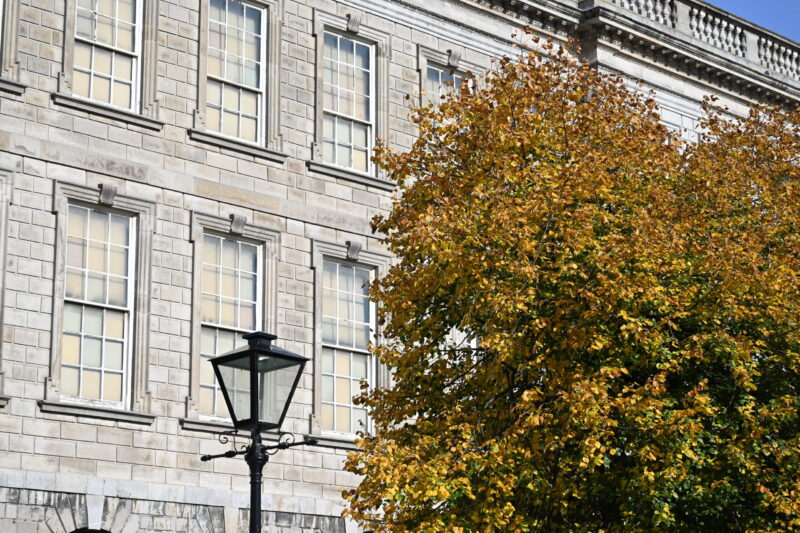As part of the Trinity Inclusive Festival, a workshop was held centering on the experiences of members of ethnic minority communities on campus.
The workshop sought to increase the understanding of the nature of the discrimination faced by these students and, in particular, to show how racism might manifest as a systemically ingrained bias at universities. It also offered ways in which discussions around racism could be facilitated, and steps the college community can take to combat racism.
The program was hosted by postgraduate students and included video interviews, a panel discussion and a Q&A session in which the panelists discussed their views on issues of race and shared their experiences with racism on campus.
In the interviews, students were asked whether Trinity courses were inclusive of ethnic minorities on campus. Some respondents stated that professors did not include statistics from other countries and had a heavy emphasis on statistics from the USA, Ireland and the rest of Europe.
A student studying biological and biomedical sciences stated that the diagrams used to portray human bodies were mostly white skinned. Some respondents stated that only black students would be called out by professors if they were talking to friends while their white peers were never called out. A lot of students felt left out as they would have to separate from their peers to prevent being called out in the classroom.
The second video interview focused on students seeking higher education after being absent from education. It emphasised the Trinity Access Programme (TAP) and how it helped these students in receiving financial aid to fund their education. The on-campus resources for counselling and mental health were much appreciated by the students, with many praising Trinity’s extensive support network and the consistent willingness shown by staff to assist students with their issues.
As part of the programme, a workshop was conducted consisting of a 45 minute training session and the chance to provide feedback and comments on the session.
When asked what the strengths of the workshop were, several respondents highlighted the clear examples and explanations provided by the facilitators.
One respondent named the “concrete examples of microaggressions, unconscious bias, structural racism and how they can play out in different scenarios” as one of the strengths of the training, with another saying that it had given them “clarity concerning racial literacy, for example my knowledge regarding microaggression and how I have heard comments and ignored them rather than called out racial biases”.
Many students stated that this training should be undertaken by staff in addition to students, with some stating that they would have liked more interaction and more definitions to assist with using the correct language.
Discussing what they would like to be made clearer, one respondent said: “The experience of internalised racism by people who experience racism was mentioned, but a separate section could be made for that”.
There was also a panel discussion featuring students from various ethnic backgrounds speaking on their experiences with racism and how they had faced discrimination. They also talked about what racism looked like to them, sharing that they still faced questions such as “but where are you actually from” or “how is your English so good?”.
According to them, racism was a way in which people from different cultures and backgrounds were divided and categorised into different groups. It was a way of making people feel left out and insecure about themselves. Students felt insecure in their own skin and that would result in them refraining from going to social gatherings and events.







